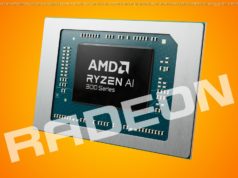NFTs will play a major role in the metaverse: Virtual marketplaces can run in a resilient, trustless manner and offer decentralized pricing.
No discussion about the metaverse would be complete without talking about Non-fungible tokens (NFTs). The synergy between the metaverse and NFTs is undeniable, with virtual marketplaces like Decentraland and The Sandbox already offering users a way to buy, sell, or trade virtual assets that are backed by the blockchain.
But how exactly will NFTs fit in with the big picture of the metaverse? Beyond the obvious use cases such as virtual real estate and in-game items, it’s hard to say for sure. But one thing is certain: The potential for NFTs to disrupt traditional markets is huge. Why? Because NFTs address the problem of scarcity.
With traditional assets, there is a finite supply. This means that as demand increases, prices go up. But with NFTs, the supply is not finite. So even if demand for virtual assets skyrockets, prices can stay reasonable and accessible. In other words, NFTs have the potential to democratize access to assets by means of tokenization and fractional ownership, which could lead to the development of a new class of digital entrepreneurs.
In this article, we will talk about how the virtual marketplaces of the metaverse are likely to be powered by NFTs and what implications this has for the real world.
As we have seen with Decentraland and The Sandbox, NFTs are already being used to create virtual marketplaces where users can buy, sell or trade assets that are backed by the blockchain. These assets can be anything from virtual real estate to in-game items.
The use of NFTs enables these marketplaces to operate in a trustless manner, without the need for a central authority. This not only makes them more resilient to censorship but also allows for the implementation of novel features such as trustless escrow and decentralized pricing.
The use of NFTs also has implications for the way these marketplaces are taxed. In traditional markets, taxes are typically levied on the sale of goods or services. However, in a market powered by NFTs, taxes could be levied on the transfer of ownership of the NFT itself.






